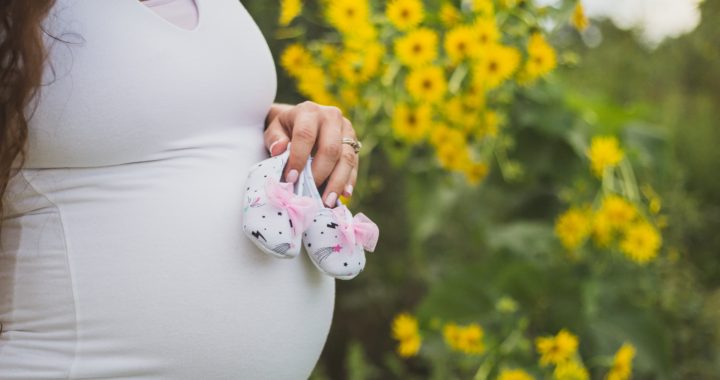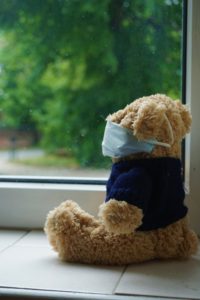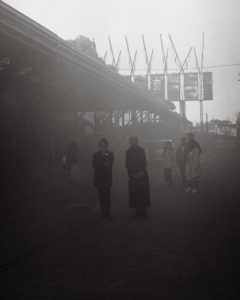Cherionna Menzam-Sills is a therapist, author, teacher of Craniosacral Biodynamics, mindful movement called Continuum, and Prenatal and Birth Psychology. As well as having a private practice, she is a senior tutor at Karuna Institute, teaches around the world with her husband and Biodynamics pioneer, Franklyn Sills, and enjoys supporting practitioners through mentoring and supervision in person and online.






 Accessing the Potential
Accessing the Potential
Very thought provoking Cheriona
Thank you
Thanks for you comment, Sarah. I hope the provoking of your thought is useful!
A wonderful reminder Cherionna, of another set of important and influential threads that are influencing us right now. I have been working with a lot of behavioral freeze in my system (progress from it being primarily physiological for years!!!) and this adds yet one more place to stay patient and compassionate with the process I am doing of “being with” rather than doing, trying, pushing, etc…. Thank you for this :-). I hadn’t heard of your husband’s lung condition – thinking of you both and sending love and hugs.
Thank you Veronique for your comment. Yes, so much is up for so many people just now, often very, very old material, seeking healing. I know you really understand these very early origins or our pain and suffering. I hope you can stay patience and compassionate with your process! Good to hear from you! I also think of you often.
We are holding each other in the sphere eh? 🙂
Here’s to patience and self-compassion. Sending prayers and best wishes for you and Frank and your loved ones xoxo